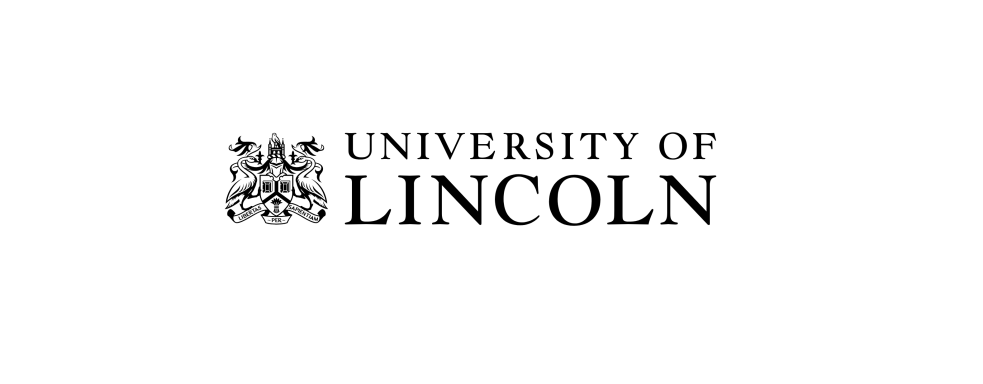University of Lincoln

Why we've signed the Manifesto
"Public engagement is vital to universities today in order to maximise the value of the work we do to wider society. The University of Lincoln has a proud tradition of engaging with wider publics locally, regionally, nationally and internationally, and as our research gains in strength and reach so does our public engagement. We are committed to exploring new ways to serve society through integrating research, teaching and knowledge exchange to ensure that diverse publics are better able to access, explore, appreciate and get involved with university activity in all its diverse forms to reap the many benefits this offers."
Professor Mary Stuart, Vice Chancellor, University of Lincoln
Our approach to public engagement

At the University of Lincoln, our belief in the civic duty of universities to carry out publicly engaged research which aims to involve and benefit wider society throughout the research life-cycle is central to our mission as an ambitious post-1992 university founded by public subscription. We aim to support our staff and students across the whole university, at all stages of their career, in advancing knowledge and understanding while engaging wider publics in order to increase the positive impact of our research beyond academia: locally, regionally, nationally and internationally. We are committed to supporting researchers themselves to engage with wider publics, to developing new approaches to public engagement and to tackling difficult issues, believing that this is the most effective way to ensure we continue to simultaneously benefit society and enhance our research.
Activity delivering, supporting, inspiring, encouraging and recognising public engagement with research at the University of Lincoln include:
- A wide range of public engagement opportunities including lectures, discussions, consultations, performances, festivals, demonstrations, exhibitions, unenrolled learning, collaboration, co-production, participation and more.
- Grants for new activities which engage wider publics with research;
- Research exploring attitudes and ambitions of staff, students and the public about raising public interest in research;
- Networking Initiatives (online and offline) enabling publicly engaged researchers at Lincoln to support and learn from each other;
- Training and professional development courses in a range of formats to inspire and empower more researchers to engage with wider publics;
- A website making opportunities for public engagement visible and accessible
- Vice Chancellor’s Awards for staff and students which reward and celebrate public engagement with research from the university.
- An annual conference to share engaged research with staff, students and the public alike;
- An annual report featuring news and articles showcasing the exciting and diverse range of publicly engaged research at the University of Lincoln.
Our public engagement hallmark

Volunteers begin an archaeological excavation investigating the impact of Radburn planning on postwar council estate residents.
‘Unearthing Middlefield’s Utopias’ epitomises the University of Lincoln’s approach to public engagement through its hands-on contributory involvement of members of the wider public in all stages of important research, as advisors, co-producers, participants, discussants and disseminators. The research by Professor Carenza Lewis and Dr Ian Waites investigated the effectiveness of the ‘Radburn’ design, widely used in post-war council estate planning, by excavating archaeological finds to see how space was used on one estate laid out following Radburn principles.
Residents of Middlefield Lane in Gainsborough contributed their local knowledge and networks to plan and promote the excavations on their estate and carried out all of the excavations themselves using guidelines and equipment provided by university researchers to recover and identify unique finds. After analysis was completed, volunteers contributed to academic workshops and public events disseminating the project outcomes, discussing what the research meant to them and their community to audiences in the 100,000s ranging from nationwide BBC Radio 4 listeners to local shopping centre visitors. Participant observation combined with written feedback from scores of volunteers and 150 school children demonstrated a wide range of positive social impacts including new skills and enhanced interest in archaeology and the heritage of council estates.
Our public engagement talking point
Should all researchers be required to engage with wider publics? Could this work and if so, how? While public engagement is increasingly seen by researchers as part of their moral duty, there remain others who consider public engagement to be inappropriate to their work, or too trivial to justify committing time and energy.
What would be the benefits and disadvantages of all researchers engaging with wider publics in some way, at some stage? What would be the impact on society, researchers and/or research institutions of wider publics knowing more about research? What would be the impact on research if this were routinely informed by public consultation, designed with lay input, carried out with the help of citizen researchers and analysed in discussion with wider publics? What would be the impact on the quality and relevance of research? How would wider society benefit, and what might be the disadvantages of such an approach? For all, how could the benefits of universal public engagement by researchers be maximised and negative consequences avoided?
Contact
Carenza Lewis, Professor for the Public Understanding of Research